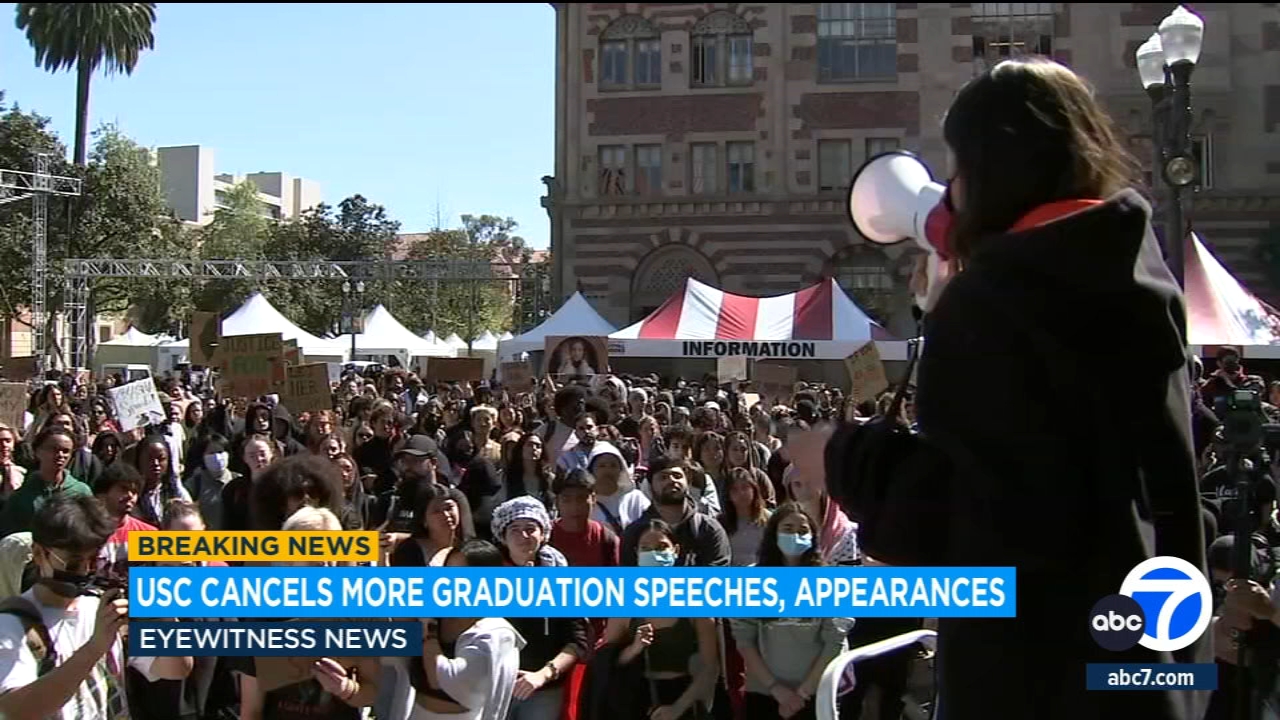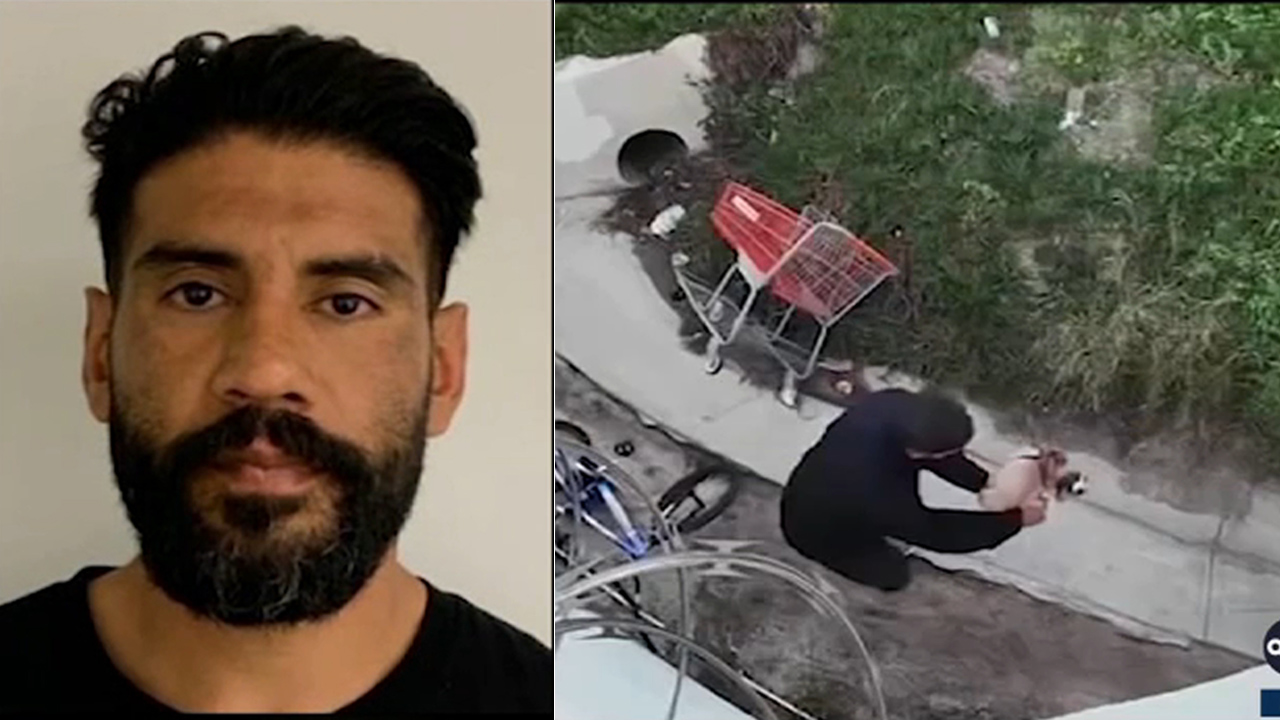'Aging into the Future' conference brings new tech to help seniors
LOS ANGELES (KABC) -- David Tobin lead a small group on a audio journey with his creation called Audiojack. His company designs audio recordings to help those who've been out of social circulation.
"It gives you a chance to feel like you're in an environment that maybe you don't have the opportunity to be at," said Tobin.
A recent "Aging into the Future" conference held by St. Barnabas Senior Services and the Eisner Foundation offered a test run on products that have the potential to enrich the lives of seniors.
Fourteen different tech start-ups got to present to 350 people in the hopes of getting their projects in to some sort of senior health facilities.
"Not only address the wants and needs of the broader older population but also for those at risk populations who may not necessarily have access to this information and the technology," said St. Barnabas Senior Services Director Rigo Saborio.
"HEAL is physician house call service and we are tech enabled so we have an app that you can go online and you can request a doctor within two hours, 8 a.m. to 8 p.m., 365 days a year," explained Kristen Bova with HEAL.
Cal Tech student Cole Allen developed a prototype for a wheel chair emergency brake.
"The wheelchair brakes tend to lock the wheels, but don't lock the chair to the ground. But with this device, that will prevent the chair from skidding at all," said Allen.
LUMEUM virtual reality goggles may help provide stress relief and entertainment to people who are housebound.
Lyft was on hand to offer a concierge partnership with senior living communities to schedule rides for the elderly.
"All the data we see from AARP shows without access to transportation, 65 and older take fewer trips to the doctors office, take fewer trips for food or grocery shopping and take fewer trips to see friends and family," said Dan Trigub of Lyft.








